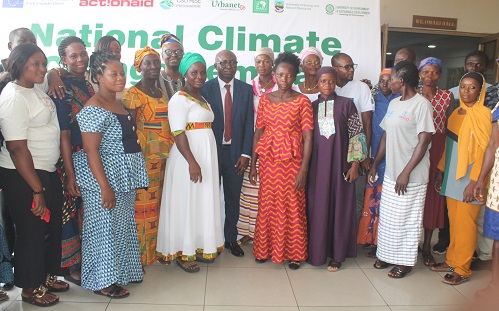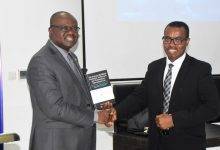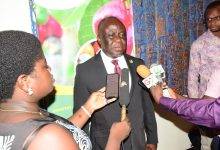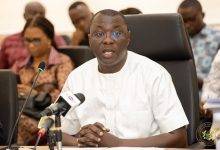
Wealthier countries must move beyond words and commitments into action by delivering monies pledged to poorer countries for climate change adaptation, says ActionAid Ghana Country Director, John Nkaw.
Doing so would help poor and vulnerable countries to pay up for the climate-induced losses and damages, he added.
He was speaking in Accra yesterday at the National Climate Change Seminar on the theme “Building Climate Resilience in Ghana through Multi-stakeholder Collaboration.”
Mr Nkaw noted that there was also the pressing need for an international financing facility to be established “to help the most vulnerable countries recover and rebuild in the aftermath of climate disasters.”
He indicated that the theme for the seminar set the tone for deliberations to proffer actionable proposals and strategic approaches towards combating climate change in the country and beyond.
“I firmly believe that this seminar’s outcome will be a driving force for a sustainable path towards building Ghana’s resilience against the devastating impact of climate change in our lives,” he added.
Mr Nkaw said that regular and varied research on climate change were essential towards enhancing the world’s understanding of adaptation, and to help influence public and private actions as well as stimulate investments in vulnerable communities.
The Country Director of ActionAid Ghana said that the net effect of ongoing climate change was affecting agricultural production, while the sector presented emissions reduction opportunities.
He said these changes had impacted negatively on people living in poverty and exclusion, who were particularly vulnerable to deviations in average climate conditions, prolonged drought and natural disasters such as floods, thereby undermining the sustainability of their livelihoods in the long term.
“In this year alone, at least 33 million people have been directly affected by the Pakistan floods and one in nine children are now suffering from malnutrition there. Moreover, severe droughts in East Africa are affecting more than 36 million people and the sad reality is that there will be more disasters like these to come,” he added.
The Vice Chancellor, University of Energy and Natural Resources, Prof. Elvis Asare-Bediako reiterated the need for wealthier countries to assist poorer ones to mitigate the impacts of climate change.
He also emphasised that adaptation and mitigation was necessary in combatting climate change.
Mrs Patience Bogkur, Smallholder Women Leader, Lawra District, proposed to the government to support compost production, and urged civil society organisations and non-governmental organizations to make loans accessible to smallholder women farmers.
She also urged stakeholders to train smallholder women farmers in livelihood support programmes to acquire the right knowledge and expertise to manage their funds.
BY ABIGAIL ARTHUR





